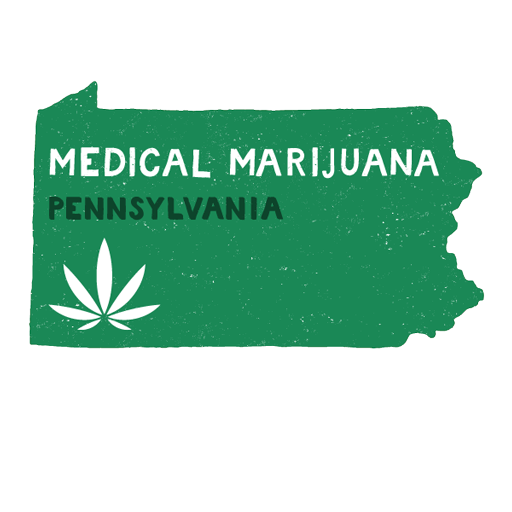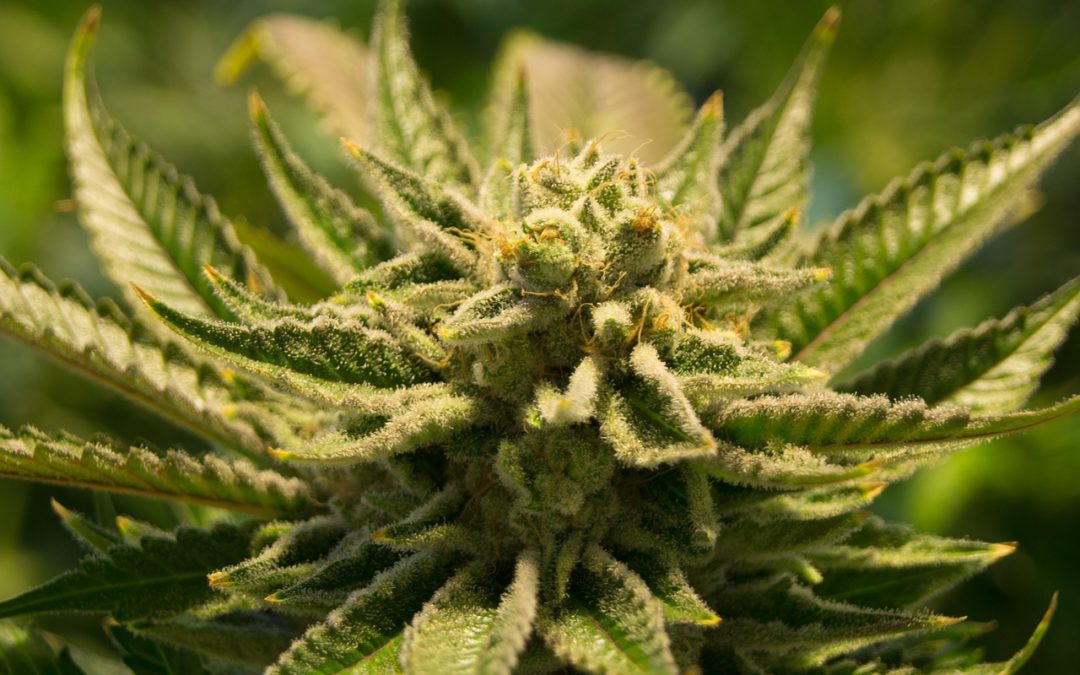
by meaghan | Apr 27, 2017 | Medical News
The Pennsylvania Department of Health expects to complete implementation of its Medical Marijuana Program by early 2018, and we’re slowly seeing signs of progress! The Daily Pennsylvanian recently reported that Philadelphia has created nine zoning permits for the city’s dispensaries and growing facilities.
“Philadelphia is now one step closer to authorizing the sale and distribution of medical marijuana.”
Read the full article here »
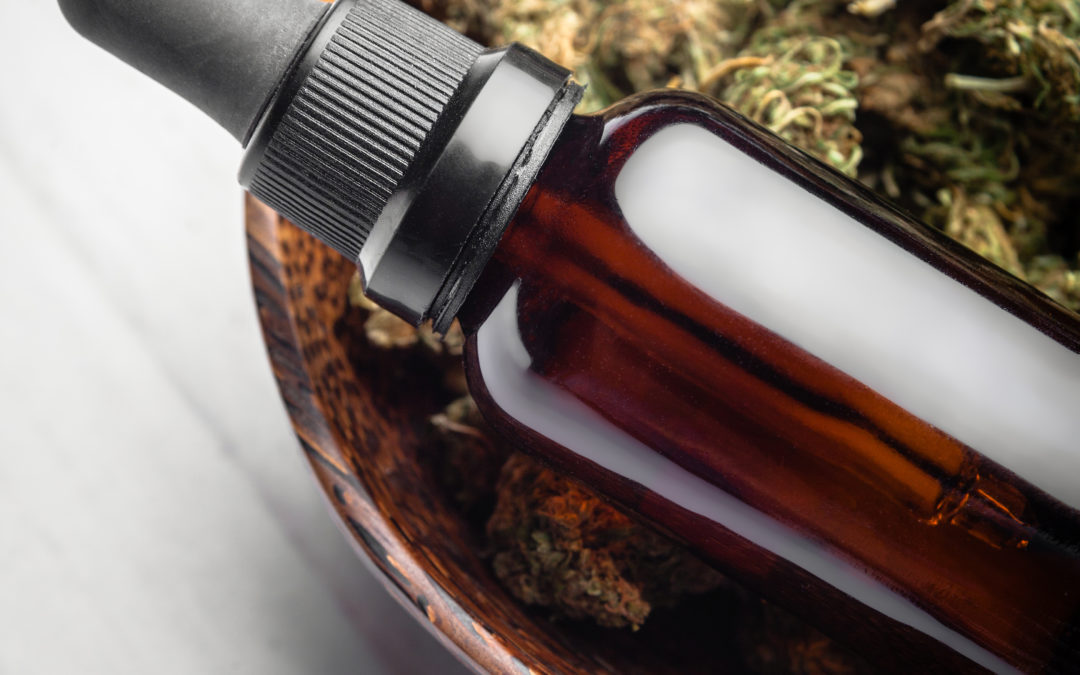
by meaghan | Mar 23, 2017 | Medical News
When you hear the word marijuana, you most likely picture the dried cannabis flower that is smoked from a pipe or in rolling paper as a “joint”. Pennsylvania’s Medical Marijuana program is different. Let’s introduce you to Pennsylvania’s Medical Marijuana program.
The traditional form of consuming cannabis will not be permitted in Pennsylvania’s Medical Marijuana program. The program only allows for consumption of cannabis in the form of pill, oil, topicals, vapor, tincture and liquid.
As a new patient to Medical Marijuana, these alternative ways to consume cannabis may be foreign to you. Let’s take a look at the unique benefits and medicinal effects of each delivery method allowed in the program so you can better understand your options and decide what works for you.
Ways to Consume Cannabis
Ingestible Oil & Pills
Cannabis oil is a concentrated and distilled form of the marijuana plant. Ingestible oils often come in capsules and are taken orally. Because these oils are digested, it may take an hour or more to feel the full effects, so always take caution with your dose. Cannabis oil capsules are a discreet, powerful, and long-lasting way to consume cannabis.
Topicals
Medical Marijuana topicals are cannabis-infused salves, ointments, lotions, and sprays. Topicals are absorbed through the skin and can provide localized pain relief from inflammation, muscle soreness and tension. This delivery method is non-psychoactive and will not produce any cerebral euphoria, making it a great option for those seeking the therapeutic benefits of marijuana while remaining clear-headed.
Vapor
Vaporizing cannabis is a healthy alternative to smoking that delivers comparable effects. The chemical compounds of marijuana vaporize at a temperature well before combustion, minimizing the release of harmful toxins and other risks associated with smoking. Vaporized cannabis has a subtle taste, produces considerably less odor, and delivers immediate and powerful relief to patients. In Pennsylvania’s Medical Marijuana program, it will be legal to vaporize oil, liquid and wax forms of cannabis, but not dried flower.
Tinctures
Tinctures are liquid concentrates that extract cannabis compounds through an alcohol, glycerin or coconut oil solvent. These products usually come in a small dropper bottle or spray and are applied directly under the tongue. Tinctures make it easy to control dosing and provide faster relief than ingestible forms of marijuana.
For more information on ways to consume cannabis, check out Leafly’s comprehensive guide.
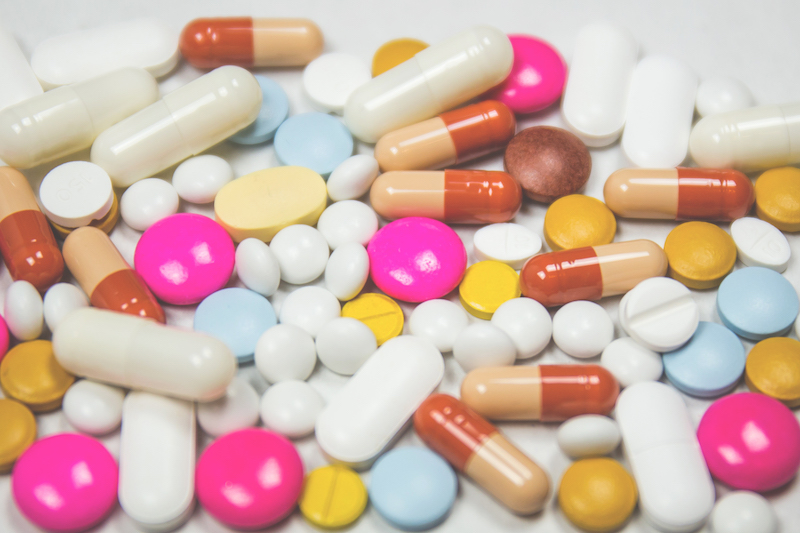
by meaghan | Mar 20, 2017 | Medical News
In a recent op-ed for PennLive, Dr. Bruce Nicholson explores medical marijuana as a possible solution to Pennsylvania’s opioid epidemic.
Dr. Nicholson explains that while doctors have begun to address opioid misuse, patients are currently left with few options for real pain relief. Many are prescribed nonsteroidal anti-inflammatory drugs (NSAIDs), which with chronic use, can lead to dangerous GI and cardio-vascular complications. Dr. Nicholson believes that Pennsylvania’s medical marijuana program will provide patients safer, non-addictive option to ease their pain.
“Several studies have produced substantial results showing that cannabinoids – the chemical compounds found in medical marijuana – reduce pain and is approximately 20 times more potent than aspirin as an anti-inflammatory.”

by meaghan | Mar 9, 2017 | Medical News
While New Jersey’s medical marijuana program previously suffered from low registration and some of the highest prices in the nation, Marijuana Business Daily reports that things are looking up. Both the number of patients and marijuana sales increased by huge numbers in 2016.
From the article:
Over the course of 2016, New Jersey added roughly 4,600 patients to the MMJ program, ending the year at nearly 11,000. Sales of MMJ jumped by an even greater degree, as the state’s five dispensaries sold a combined 2,694 pounds of cannabis in 2016, a 119% increase from the previous year.
Head over to Marijuana Business Daily for all the details on the incredible growth of New Jersey’s medical marijuana program: Chart: Patient numbers, medical marijuana sales spike in New Jersey
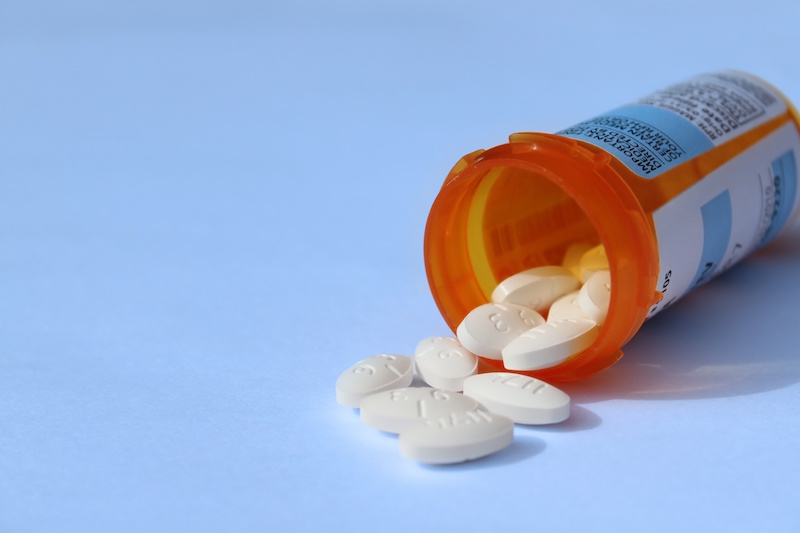
by meaghan | Mar 9, 2017 | Medical News
The New Mexico Daily Lobo investigates medical marijuana’s potential to help battle opioid use and addiction.
UNM study suggests medical marijuana could decrease prescription opiate abuse
UNM professors Jacob Vigil and Sara Stith, along with pain specialist Dr. Anthony Reeve, conducted an 18-month study on how enrollment in the New Mexico Medical Cannabis Program has affected prescription opioid use in patients with chronic pain.
Their research found a 31 percent reduction in opioid use after 18 months in the medical cannabis patients and a slight increase in opioid use in the control group.
Read the full article here »
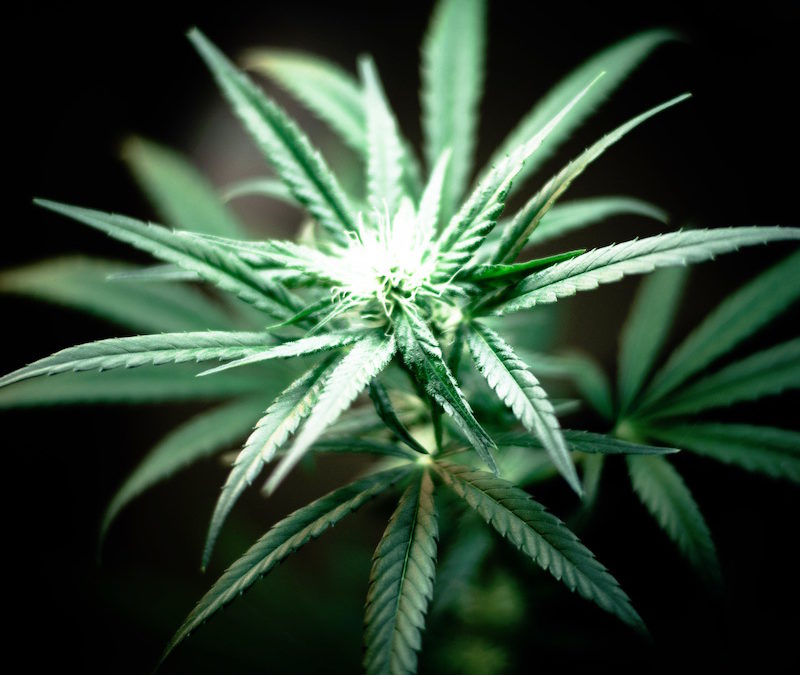
by meaghan | Feb 3, 2017 | Medical News
Last year, the National Cancer Institute added a page about Cannabis and Cannabinoids to their website that reflects the U.S. government’s changing attitude to the medicinal uses of the herb. The NCI asserts that cannabis has been shown to kill cancer cells in the laboratory, and may have other beneficial effects such as lowering inflammation, blocking cell growth, preventing the growth of blood vessels that supply tumors, antiviral activity and relieving muscle spasms caused by multiple sclerosis. Healthy Food House explores the meaning of this change.

